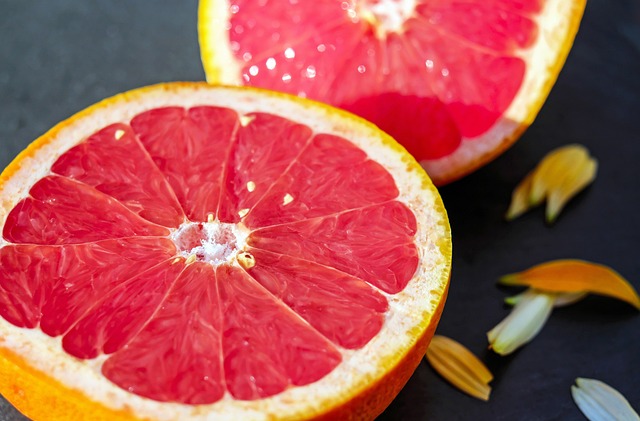The Gut-Brain Connection: How Probiotics Influence Your Mood
We’ve all heard the phrase “trust your gut,” but did you know that there’s actually a direct connection between your gut and your brain? Your gut, also known as your gastrointestinal tract (GI tract), houses trillions of bacteria that play a vital role in your overall health and well-being. Among them are probiotics, “good” bacteria that have been linked to a range of health benefits, including improved digestion, stronger immune function, and even better mental health.
In recent years, scientists have been studying the connection between the gut and the brain, and have found that probiotics may be able to influence mood and behavior by interacting with the gut-brain axis. Here’s everything you need to know about this fascinating link.
The Gut-Brain Axis: What it is and How it Works
The gut-brain axis refers to the complex communication pathway between the GI tract and the central nervous system (CNS), which includes the brain and spinal cord. This pathway is bidirectional, meaning that signals can travel from the brain to the gut and vice versa.
The gut has its own “mini-brain” called the enteric nervous system (ENS), which is made up of millions of nerve cells that control digestion and communicate with the CNS. The ENS and CNS are connected via the vagus nerve, which runs from the brainstem to the abdomen.
This means that when you feel “butterflies” in your stomach during a stressful situation, it’s because the brain has sent signals to the gut via the vagus nerve. Similarly, when you experience digestive issues such as bloating or diarrhea due to anxiety, it’s because the gut has sent signals to the brain via the vagus nerve.
The Role of Probiotics in the Gut-Brain Axis
Probiotics are living microorganisms that reside in the GI tract. They help to maintain a healthy balance of bacteria in the gut, which is essential for proper digestive function and immune system function.
In recent years, studies have begun to explore the role of probiotics in the gut-brain axis. It’s believed that the gut microbiome (i.e., the collection of microorganisms in the gut) can influence the production of neurotransmitters and hormones that affect mood, such as serotonin and cortisol.
Research has shown that certain strains of probiotics, such as Lactobacillus and Bifidobacterium, may be able to alter the gut microbiome in a way that enhances the production of these mood-regulating compounds. For example, one study found that participants who consumed a probiotic supplement containing Lactobacillus helveticus and Bifidobacterium longum had reduced levels of cortisol (a stress hormone) and improved mood compared to a placebo group.
Another study found that supplementing with a probiotic containing Lactobacillus casei improved symptoms of depression and anxiety in participants with major depressive disorder.
Other Ways Probiotics May Improve Mental Health
While the exact mechanisms behind probiotics’ effects on mood and behavior are not yet fully understood, researchers have proposed several theories. In addition to their effects on neurotransmitter and hormone production, probiotics may also:
- Reduce inflammation in the gut and throughout the body, which has been linked to depression and other mood disorders
- Reduce oxidative stress, which can damage brain cells and contribute to cognitive decline
- Improve the gut barrier function, preventing harmful substances from entering the bloodstream and potentially affecting brain function
It’s important to note that while probiotics show promise as a potential tool for improving mental health, they should not be seen as a replacement for traditional treatments such as therapy and medication. More research is needed to determine the specific strains, dosages, and methods of delivery that are most effective for different mental health conditions.
How to Incorporate Probiotics into Your Diet
If you’re interested in incorporating probiotics into your diet, there are several ways to do so. Some probiotic-rich foods include:
- Yogurt
- Kefir
- Fermented vegetables (e.g. sauerkraut, kimchi)
- Kombucha
You can also take a probiotic supplement, which is available in various forms such as pills, powders, and drinks. When choosing a supplement, look for one that contains a variety of strains and a high number of colony-forming units (CFUs).
Conclusion
The gut







